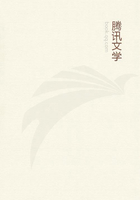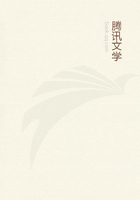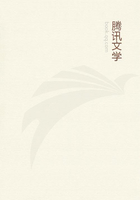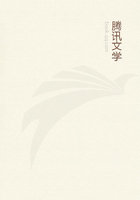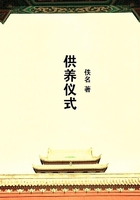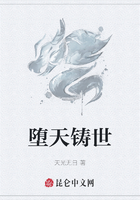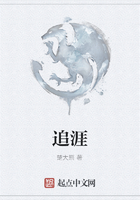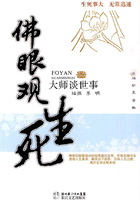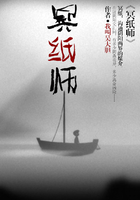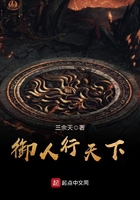THE FOUNDER AND HIS IDEALS
I.
As the nineteenth century recedes into history and the essentially romantic quality of its great adventures is confirmed by the "beauty touched with strangeness" which illumines their true perspective, we are discovering, what the adventurers themselves always knew, that the movement for the higher education of women was not the least romantic of those Victorian quests and stirrings, and that its relation to the greatest adventure of all, Democracy, was peculiarly vital and close.
We know that the "man in the street", in the sixties and seventies, watching with perplexity and scornful amusement the endeavor of his sisters and his daughters--or more probably other men's daughters--to prove that the intellectual heritage must be a common heritage if Democracy was to be a working theory, missed the beauty of the picture. He saw the slim beginning of a procession of young women, whose obstinate, dreaming eyes beheld the visions hitherto relegated by scriptural prerogative and masculine commentary to their brothers; inevitably his outraged conservatism missed the beauty; and the strangeness he called queer. That he should have missed the democratic significance of the movement is less to his credit. But he did miss it, fifty years ago and for several years thereafter, even as he is still missing the democratic significance of other movements to-day. Processions still pass him by,--for peace, for universal suffrage, May Day, Labor Day, and those black days when the nations mobilize for war, they pass him by,--and the last thing he seems to discover about them is their democratic significance. But after a long while the meaning of it all has begun to penetrate. To-day, his daughters go to college as a matter of course, and he has forgotten that he ever grudged them the opportunity.
They remind him of it, sometimes, with filial indirection, by celebrating the benevolence, the intellectual acumen, the idealism of the few men, exceptional in their day, who saw eye to eye with Mary Lyon and her kind; the men who welcomed women to Oberlin and Michigan, who founded Vassar and Wellesley and Bryn Mawr, and so helped to organize the procession. Their reminders are even beginning to take form as records of achievement; annals very far from meager, for achievement piles up faster since Democracy set the gate of opportunity on the crack, and we pack more into a half century than we used to. And women, more obviously than men, perhaps, have "speeded up" in response to the democratic stimulus; their accomplishment along social, political, industrial, and above all, educational lines, since the first woman's college was founded, is not inconsiderable.
How much, or how little, would have been accomplished, industrially, socially, and politically, without that first woman's college, we shall never know, but the alumnae registers, with their statistics concerning the occupations of graduates, are suggestive reading.
How little would have been accomplished educationally for women, it is not so difficult to imagine: Vassar, Wellesley, Smith, Mt. Holyoke, Bryn Mawr,--with all the bright visions, the fullness of life that they connote to American women, middle-aged and young,--blotted out; coeducational institutions harassed by numbers and inventing drastic legislation to keep out the women; man still the almoner of education, and woman his dependent. From all these hampering probabilities the women's colleges save us to-day. This is what constitutes their negative value to education.
Their positive contribution cannot be summarized so briefly; its scattered chronicle must be sought in the minutes of trustees' meetings, where it modestly evades the public eye, in the academic formalities of presidents' reports and the journalistic naivete of college periodicals; in the diaries of early graduates; in newspaper clippings and magazine "write-ups"; in historical sketches to commemorate the decennial or the quarter-century; and from the lips of the pioneers,--teacher and student. For, in the words of the graduate thesis, "we are still in the period of the sources."
The would-be historian of a woman's college to-day is in much the same relation to her material as the Venerable Bede was to his when he set out to write his Ecclesiastical History. The thought brings us its own inspiration. If we sift our miracles with as much discrimination as he sifted his, we shall be doing well. We shall discover, among other things, that in addition to the composite influence which these colleges all together exert, each one also brings to bear upon our educational problems her individual experience and ideals. Wellesley, for example, with her women-presidents, and the heads of her departments all women but three,--the professors of Music, Education, and French,--has her peculiar testimony to offer concerning the administrative and executive powers of women as educators, their capacity for initiative and organization.
This is why a general history of the movement for the higher education of women, although of value, cannot tell us all we need to know, since of necessity it approaches the subject from the outside. The women's colleges must speak as individuals; each one must tell her own story, and tell it soon. The bright, experimental days are definitely past--except in the sense in which all education, alike for men and women, is perennially an experiment--and if the romance of those days is to quicken the imaginations of college girls one hundred, two hundred, five hundred years hence, the women who were the experiment and who lived the romance must write it down.

